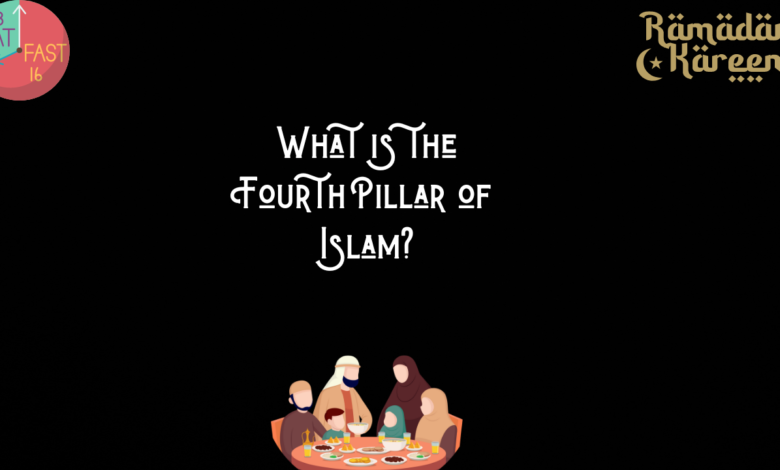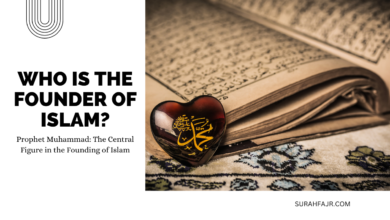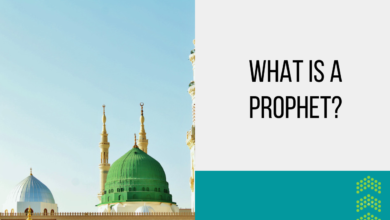What is the Fourth Pillar of Islam?

Introduction
Islam, one of the world’s major religions, is characterized by five fundamental pillars that serve as the core principles guiding a Muslim’s life. Each pillar holds a unique significance, and collectively, they provide a comprehensive framework for spiritual growth, social responsibility, and personal discipline. Among these pillars, the fourth pillar, Sawm, or fasting during the holy month of Ramadan, stands as a profound demonstration of devotion, self-control, and reflection.
The Pillars of Islam
Before delving into the fourth pillar, it’s crucial to understand the entirety of the pillars of Islam:
Shahada (Faith): The declaration of faith, bearing witness that there is no god but Allah and that Muhammad is his messenger.
Salat (Prayer): The practice of performing five daily prayers facing the Kaaba in Mecca.
Zakat (Charity): The obligation to give a portion of one’s wealth to those in need, thereby promoting economic equality and empathy.
Sawm (Fasting): The act of abstaining from food, drink, and other physical needs during the daylight hours of Ramadan.
Hajj (Pilgrimage): The journey to the holy city of Mecca, which every Muslim who is physically and financially able is required to undertake at least once in their lifetime.
Sawm: Fasting During Ramadan
The fourth pillar of Islam, Sawm, highlights the importance of self-discipline, empathy, and spiritual growth. Ramadan, the ninth month of the Islamic lunar calendar, is considered the holiest month, during which Muslims observe fasting from dawn until sunset. This fasting includes abstaining from food, drink, smoking, and marital relations during daylight hours.
The Spiritual Significance
Fasting during Ramadan serves as a profound spiritual practice that encourages Muslims to deepen their connection with Allah. By abstaining from physical needs, individuals focus their energy on prayer, reflection, and self-purification. This self-discipline helps in breaking the chains of materialism and ego, allowing individuals to align their intentions with a higher purpose.
Cultivating Self-Discipline
Sawm is an exercise in self-control and discipline. By restraining from basic human needs, Muslims learn to manage their desires and impulses. This discipline extends beyond fasting hours, influencing various aspects of life, including emotional reactions, decision-making, and interactions with others.
Empathy and Solidarity
Fasting cultivates empathy for those less fortunate. By experiencing hunger and thirst, Muslims are reminded of the daily struggles faced by people who lack basic necessities. This realization fosters compassion and a sense of social responsibility, prompting many Muslims to engage in charitable activities during Ramadan.
Enhancing Spiritual Awareness
During Ramadan, the Quran was revealed to the Prophet Muhammad. Muslims believe that the spiritual significance of this month heightens the effectiveness of their prayers and connection to the divine. It’s a time for self-reflection, seeking forgiveness, and striving for personal growth.
Community and Togetherness
Ramadan is not only an individual practice but a communal one as well. Muslims gather for pre-dawn meals (Suhoor) and break their fasts together at sunset (Iftar). These communal gatherings foster a sense of unity, belonging, and shared devotion, strengthening the bonds of the Muslim community.
Exceptions and Considerations
While Sawm is obligatory for most adult Muslims, there are exceptions. Those who are ill, pregnant, nursing, traveling, menstruating, or facing conditions that might be worsened by fasting are exempt. However, those who cannot fast due to these reasons can provide alternative forms of worship or make up the missed fasts at a later time.
Conclusion
Sawm, the fourth pillar of Islam, is a profound practice that extends far beyond the act of abstaining from food and drink. It’s a spiritual journey of self-discipline, empathy, and self-awareness. Fasting during Ramadan allows Muslims to reconnect with their faith, strengthen their community bonds, and reflect on their role in the world. By engaging in this essential pillar, Muslims not only demonstrate their devotion to Allah but also embrace the values of compassion, self-control, and social responsibility that lie at the heart of Islam.
What is the fourth pillar of Islam
The fourth pillar of Islam is Sawm, which refers to the practice of fasting during the month of Ramadan.
When is Sawm observed?
Sawm is observed during the ninth month of the Islamic lunar calendar, known as Ramadan.
Why do Muslims fast during Ramadan?
Fasting during Ramadan is an act of worship and obedience to Allah (God). It serves as a way for Muslims to increase self-discipline, self-control, empathy for the less fortunate, and spiritual reflection.
What are the timings of fasting during Ramadan?
Muslims fast from dawn (Fajr prayer) until sunset (Maghrib prayer). This includes abstaining from food, drink, smoking, and other physical needs during daylight hours.
Who is obligated to observe the fast of Ramadan?
Adult Muslims who are physically and mentally able are required to observe the fast of Ramadan. Children, elderly individuals, pregnant or breastfeeding women, travelers, and those with certain medical conditions are exempt from fasting.
Are there any exceptions to fasting?
Yes, there are exceptions. Children who haven’t reached puberty, the elderly, pregnant or breastfeeding women, travelers, and those with certain medical conditions are exempt from fasting. They can make up for missed fasts at a later time or provide food to the needy as an alternative.






